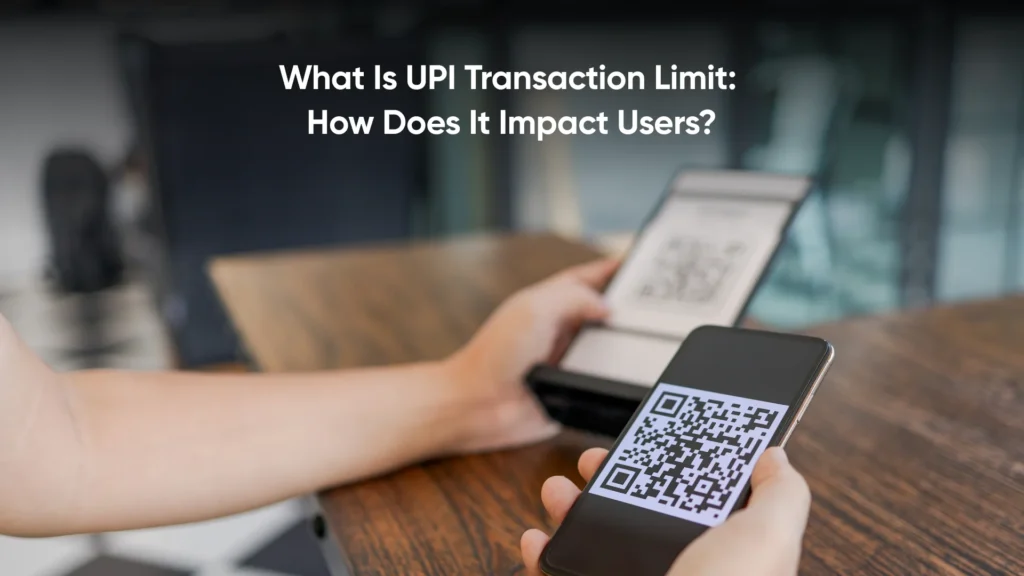Foreclosure: Definition, Process, Downside, and Ways To Avoid

Foreclosure is a complicated legal process that is exhausting for both lenders and borrowers. Borrowers should be informed about their rights, while lenders should have a legal framework to recover their funds. In India, foreclosure is governed under the Transfer of Property Act, 1882 for judicial foreclosure and Securitization and Reconstruction of Financial Assets and Enforcement of Security Interest (SARFAESI) Act, 2002 for non-judicial foreclosure.
Table of Contents
ToggleWhat is Foreclosure?
Foreclosure is when a lender, like a bank, takes ownership of a home because the borrower hasn’t been paying their mortgage. This usually happens after the borrower misses several payments, often after 90 days, but it can depend on local laws and the terms of the loan.
Types of Foreclosure
In India, there are two main types of foreclosure, Judicial and Non-Judicial
- Judicial Foreclosure: Judicial foreclosure means the lender files a lawsuit in a court to obtain a judgement allowing them to foreclose on the property. The court oversees the foreclosure process which includes the sale of the property conducted as per the law. This process involves legal expenses and can be time-consuming.
- Non-Judicial Foreclosure: Non-judicial foreclosure is governed by the Securitization and Reconstruction of Financial Assets and Enforcement of Security Interest (SARFAESI) Act, 2002. Under this act, lenders have the power to enforce the security interest without the intervention of the court.
The lender can issue a notice to the borrower demanding repayment. If the borrower fails to comply, the lender can proceed with the sale of the property through public auction. Non-judicial foreclosure is usually faster and requires fewer legal formalities compared to judicial foreclosure.
Downsides of Foreclosure
Foreclosure has many downsides, that includes:
Impact on credit score: A foreclosure can lower your credit score significantly. The impact depends on your credit history before the foreclosure and stays on your credit report for up to seven years.
Tough to get loan and credit: Foreclosure on credit history reflects badly on the individual for future loan approval. Banks will consider such individuals as high-risk and may reject personal loans or credit.
Loss of Property: Once the property enters foreclosure, you could lose it if you can’t pay the mortgage.
Financial Stress: Losing a house to foreclosure takes a mental toll on the individual and puts long-term financial constraints.
Legal consequences: You may have to deal with legal disputes and financial constraints even after losing your property.
Foreclosure Process: How Does Foreclosure Work?
The foreclosure process in India follows the steps below:
- Initiation of Foreclosure Proceedings: The lender sends a formal notice to the borrower informing them of the default and giving them a chance to rectify the situation. If the default is not rectified, the lender sends a demand letter specifying the outstanding amount and provides a notice period within which the borrower must pay.
- Filing of Foreclosure Petition: Depending on the type of foreclosure, the lender may initiate a court case or follow the non-judicial process.
- Judicial Foreclosure: In judicial foreclosure, the court oversees the proceedings of foreclosure.
- Non-Judicial Foreclosure: The lenders have the power to enforce the security interest without the intervention of the court. If the borrower fails to comply, the lender can proceed with the sale of the property through public auction.
- Auction or Sale of the Foreclosed Property: The property is listed for public auction, and interested parties place bids. The lender sets a reserve price, which is the minimum amount they are willing to accept for the property. The highest bidder wins the auction and must pay the bid amount.
- Transfer of Ownership: In judicial foreclosure, the court confirms the sale, while in non-judicial foreclosure, the lender issues a sale certificate. The new owner takes possession of the property, and the borrower will have no more rights to it.
- Foreclosure Charges: Foreclosure charges on personal loans online are fees that lenders impose when borrowers repay a loan before the scheduled end date. These charges are intended to compensate the lender for lost interest and can vary depending on the lender and the loan agreement
Also Read: Personal Loan Foreclosure Calculator
What Are The Consequences Of Foreclosure?
Foreclosure can have many consequences, including financial and emotional impacts:
Financial: Foreclosure can damage your credit score, which can impact your ability to get loans in the future. This bad score remains on your credit history for 7 years. Landlords also check credit history and may avoid renting a property. If applying for a job in a management or finance role, the employer may reject based on bad credit history.
Emotional: Foreclosure can cause extreme stress due to financial constraints. Loss of house makes you look for renting property which also becomes difficult.
Foreclosure can have long-term impacts on your overall wealth, as you lose your home and the equity you’ve built up in it.
Steps to Avoid Foreclosure
Losing your property is the final step in foreclosure. However, you can be proactive and follow these steps to avoid foreclosure:
Contact your lender: To avoid foreclosure, you must contact your lender. Explain to them your reasons for missing mortgage payments (job loss, health emergency). Since foreclosure is a lengthy legal process, most lenders would rather modify your payment plan than start with the foreclosure process.
Seek help from family and friends: You can ask for funds from your close circle in critical cases. However, be sure to pay off the amount within a reasonable timeframe as it may strain your interpersonal relationships.
Insolvency proceedings: As the insolvency process imposes an automatic stay on your assets, including your home, blocking collections by lenders, it temporarily halts the foreclosure process. It impacts your credit score and reduces your future loan approvals. Filing for bankruptcy should be your last resort after you have exhausted all other options
Conclusion
Foreclosure is a lengthy legal process and understanding the complexities involved will equip you to manage your finances better. The best practice is to avoid foreclosure by paying all mortgages on time. If due to unavoidable circumstances, an individual has missed paying several EMIs, the best option is to inform the lender and work out a payment plan that suits. The lender would be more often than not, willing to work out a payment plan. These measures would avoid the initiation of the foreclosure process.
Frequently Asked Questions
The first step to stop the foreclosure process is to contact your lender. Depending on your financial status, the lender may work out a payment plan that allows you to keep your home and make the payments.
After paying the outstanding loan, interest and cost of the foreclosure process, if any surplus money is left, it is given to the defaulting borrower.
Foreclosure is a legal process that can take 4-5 months and longer (a year or more) if the homeowner has a strong case.
You must seek legal advice to help you navigate the complexities of foreclosure proceedings.
Once the home is foreclosed, you get a notice with a specified time, to collect your personal belongings. If you fail to take your belongings within that time, your belongings may be sold or disposed of by the new owner.
In India, the principle of foreclosure in section 67 of the Transfer of Property Act, of 1882, states that foreclosure is a legal process that gives a lender the right to seize and sell a property if a borrower is unable to repay their mortgage. This right is called the right of foreclosure, and it’s available to the lender when the borrower defaults on their mortgage payments.
Mr Verma takes a home with a loan of Rs.10,00,000. He fails to make a few consecutive mortgage payments. The bank sends him notice and gives him a 30-60 day period, to pay back the missed payments. If he fails to pay his mortgage, after getting a notice, the bank may begin the foreclosure process.
As per RBI, a lender will not be permitted to charge foreclosure charges on personal loan/pre-payment penalties on loans at floating interest rates. However, lenders may charge penalties on loans at fixed interest rates.













